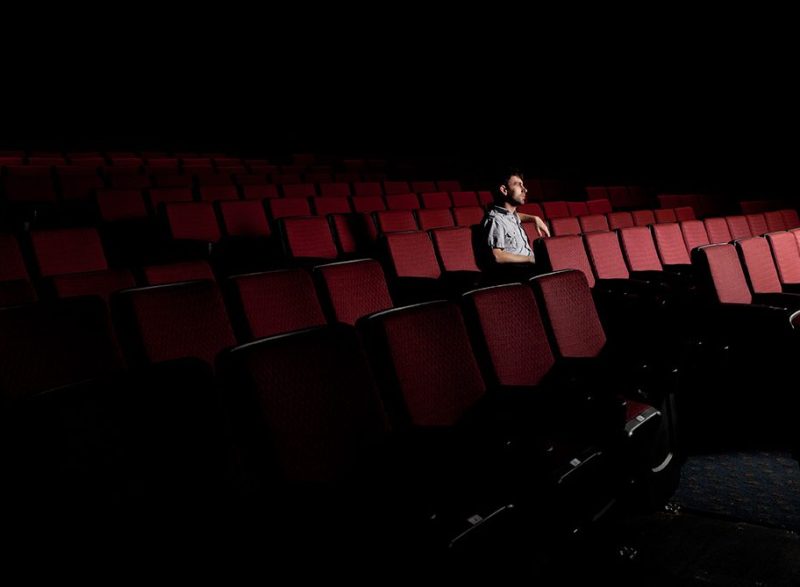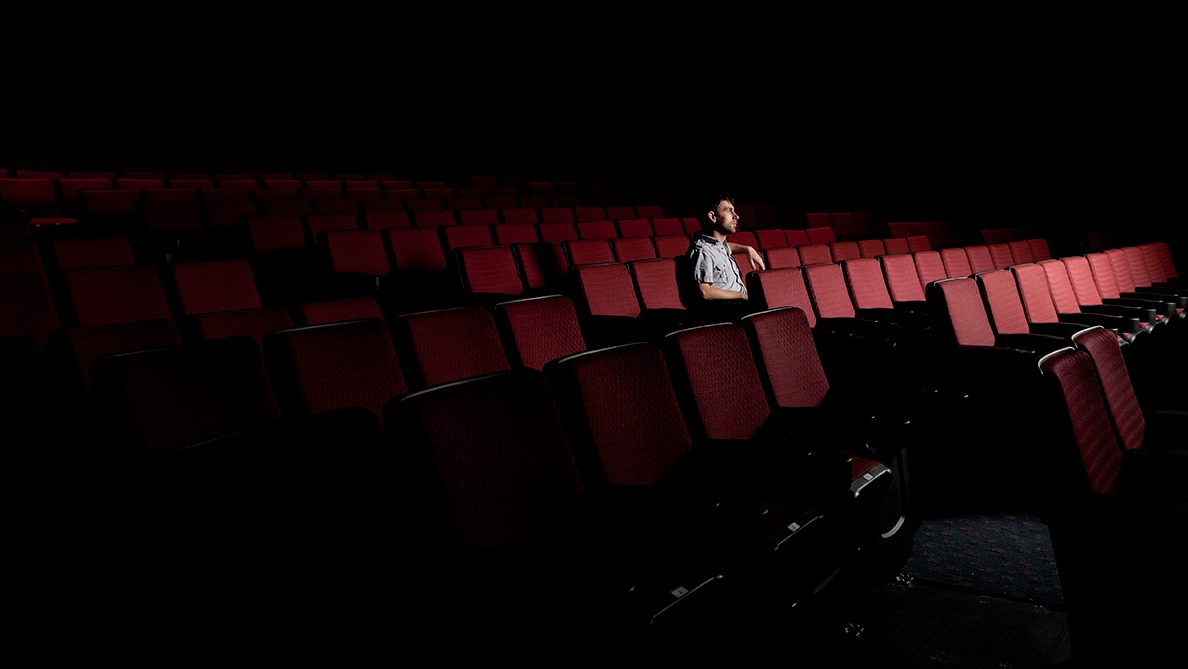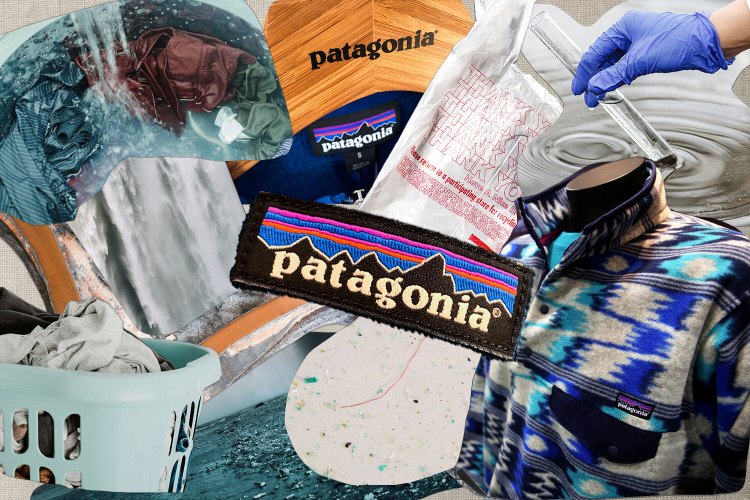
Tech disruption of the music and publishing industries—driven by efficiency, customization, and convenience—has been a hot (and sore) media topic for years now, but Hollywood (meaning the TV and film industries) has always thought itself immune to it. That’s starting to change.
In a somewhat pessimistic column for Variety, Nick Bilton sees disruption on the horizon, especially as movie theater attendance and studio profit margins fall, production costs remain high, and consumers prioritize on-demand content.
At this point, at least a handful of readers will blame falling revenues on the industry’s obsession with franchises and remakes. There’s some truth to that. Since 70 percent of the box office comes from overseas, studios push easily translatable action films and reboots containing existing intellectual property. In the meantime, all the really interesting stuff is happening on premium networks and digital-native platforms, like Hulu. Traditional show business is losing ground on multiple fronts.
The digital platforms are the real kicker, because they represent tech companies competing not just in their own industry, but across multiple platforms for their users’ attention. TV and studio executives alike are worried that Netflix, to use one example, will eat into the industry’s talent pool more and more as it bankrolls original shows and films. Amazon, Apple, Facebook, Twitter, and Snapchat are all doing the same. Hollywood studios do not know how to compete at this level.
Nor do they understand how to counteract the possible mechanization of creative industries. With deep learning techniques and improving algorithms, a computer could write a competent script if it’s fed enough of them. It would be possible to control for style and content, too—after a steady diet of Aaron Sorkin scripts, an advanced A.I. could churn out something matching that voice.
AI systems can also be trained to edit and stream film footage, even adjusting on the fly to viewer demands, and CGI Peter Cushing’s appearance in Rogue One signals disruption of not just editing and effects, but acting itself. As one morose Hollywood producer put it, “the movie star, like everything else in Hollywood, is dying.”
What we don’t know, and really can’t know, is how long these changes will take, or how much of the industry they will devour. But they are the consequence of a shift toward cheaper, on-demand programming (and, some argue, a complacent, wasteful executive class in show business). Like many other industry disruptions, this will be a painful lesson in the cost of alleviating boredom.
—RealClearLife Staff
This article was featured in the InsideHook newsletter. Sign up now.
























